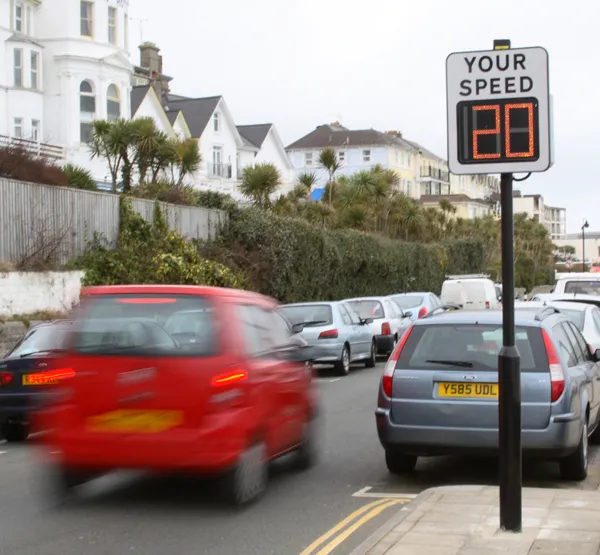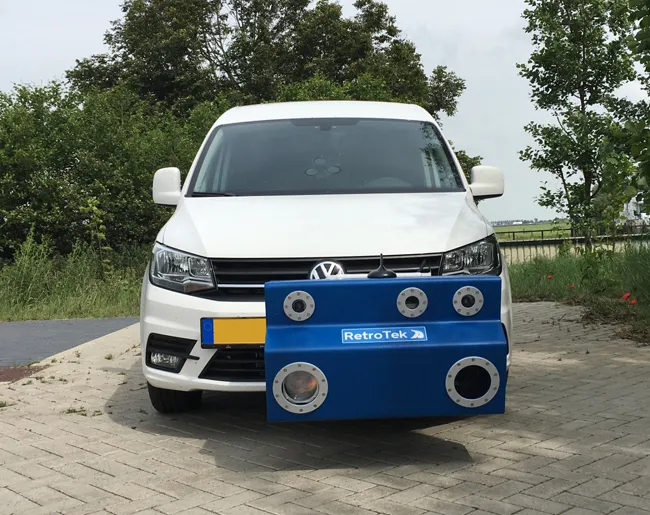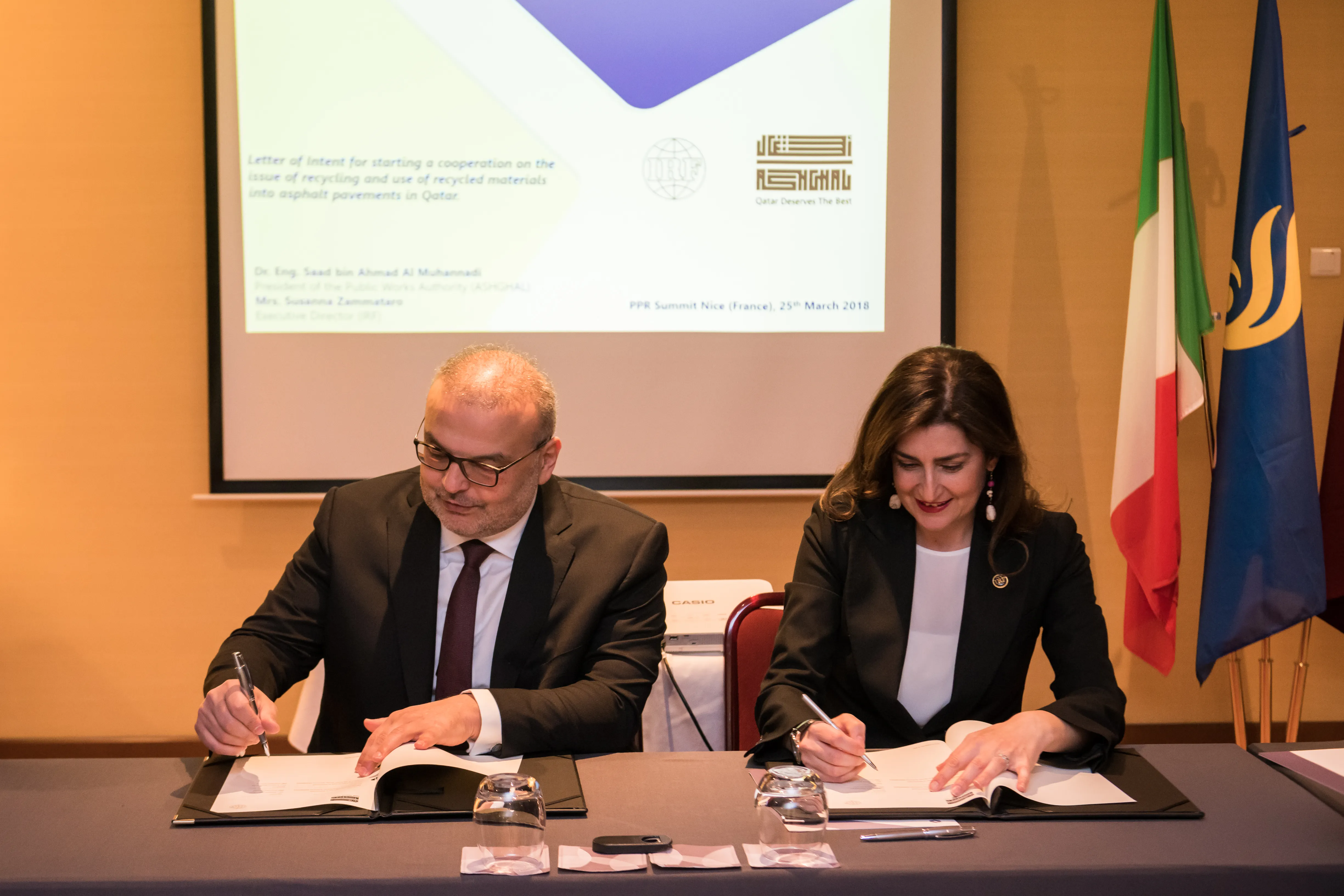Technology from 3M is helping reduce the incidence of speeding in the UK city of Salford.
February 15, 2012
Read time: 2 mins

Technology from 3M is helping reduce the incidence of speeding in the UK city of Salford.
A series of Driver Feedback Signs fromThe Urban Vision partnership between Salford City Council and Capita Symonds manages the local highways on behalf of the council and has installed 50 of the DFS 700 units in strategic locations close to schools, the entrances to villages and some major highways. The A6, which is the main route from Salford to Manchester, has six DFS units installed; four of these were funded by the local communities and two by the Safer Routes to School initiative. Most of the DFS installations are permanent with a combination of mains and solar power depending on the location.
Urban Vision says that where monitoring takes place there has been a measurable reduction in speeds, which is consistent with expectations. On one route Urban Vision has recorded a 4.4km/h reduction in mean speeds and average speeds brought down to within the speed limit. Crucially, Urban Vision says it has noted a 64.7% reduction in vehicles exceeding the speed limit since the DFS units were installed. The 3M DFS 700 unit is designed for areas with high pedestrian activity to help encourage drivers to reduce their speeds and can also provide data on driver speed, through a number of different options, including: a USB cable,








